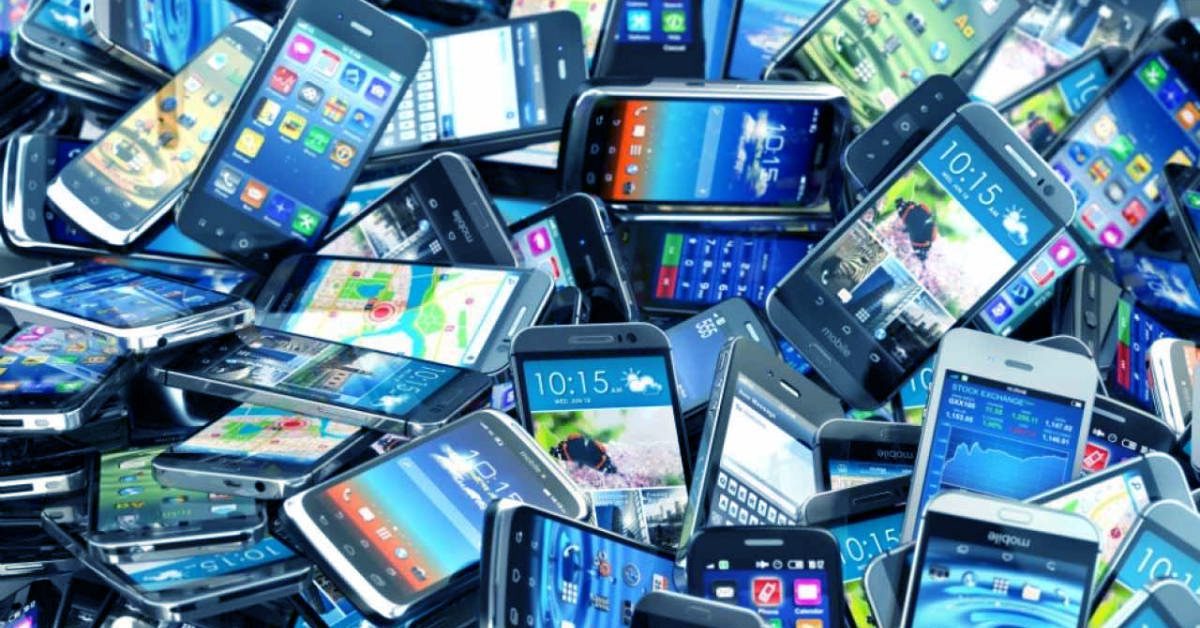KARACHI: As domestic mobile phone manufacture continues to replace imports in Pakistan, the South Asian country plans to export $500 million in smartphones over the next two years and $5 billion over the following five, according to Pakistan’s temporary IT minister.
Pakistan, a country of over 241 million people, is the world’s seventh largest market for cellular subscribers, with 189 million people, or 78% of the population, possessing mobile phones.
Pakistan was a net importer of mobile phones until 2016, when it progressively began to replace imports with domestic phone assembly. According to figures from the Pakistan Telecommunication Authority (PTA), Pakistan produced 21.28 million phones in 2023, while importing 1.58 million.
“We will also be announcing a plan to manufacture components in Pakistan (local deletion policy) and make locally manufactured phones cheaper than imported phones using a tariff deferential policy,” Dr. Umar Saif, Pakistan’s IT minister, said in a post on X after speaking at the first Pakistan Mobile Summit in Islamabad.
“Our cell phones exports can grow to a billion dollar industry in the next few years.”
The minister praised the country’s recent successes in mobile phone manufacturing, which included assembling 9 million phones for $1.5 billion and exporting 250,000 phones worth around $150 million.
“Pakistan has 33 handset manufacturers with a capacity to meet all of our local demand (25 million phones annually),” he said.
Pakistani mobile phone makers said that practically all mobile phone brands, with the exception of the iPhone, are now built in Pakistan.
“All mobile brands except iPhone are manufactured in Pakistan, and mobile phone imports have been largely replaced by local manufacturing,” said Aamir Allawala, vice chairman of the Pakistan Mobile Phone Manufacturers Association (PMPMA), speaking to Arab News on Tuesday.
Allawala stated that the sector was on “strong footing” and had produced 40,000 employment thus far. Localization of chemicals would also result in increased revenue and jobs.
Before 2020, Pakistan mostly imported and distributed mobile phones, but in the second phase, it began local phone assembly, according to Allawala.
“We are now entering the next phase which is indigenization of components and the target parts, which are being focused on like charger, battery, hands-free, USB cable, and packaging,” the spokesman went on to say.
“But there’s an issue. For example, if I import raw materials for building charger casings, the tax is excessively expensive, yet if I import a charger, the customs duty is free. So obviously, local production is not viable.”
However, he anticipated that the problem of duties will be rectified in the following budget. He also stated that Chinese mobile phone manufacturing businesses had a combined export value of over $150 billion of their global sales, indicating a “emerging opportunity” for Pakistan and a road to transition from a ‘Managed by China’ to a ‘Made by China’ phase:
“After the recent China-India issue, Pakistan has the potential to become an export base for Chinese enterprises. Furthermore, labor costs in China have risen to $700 per month, and factory workers are in short supply.”

